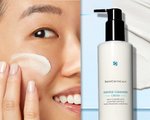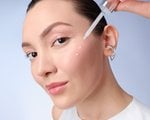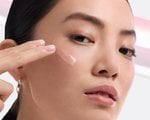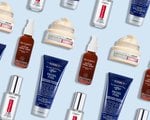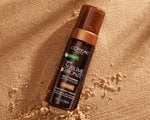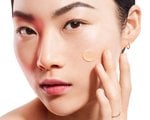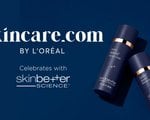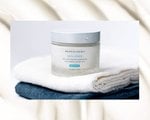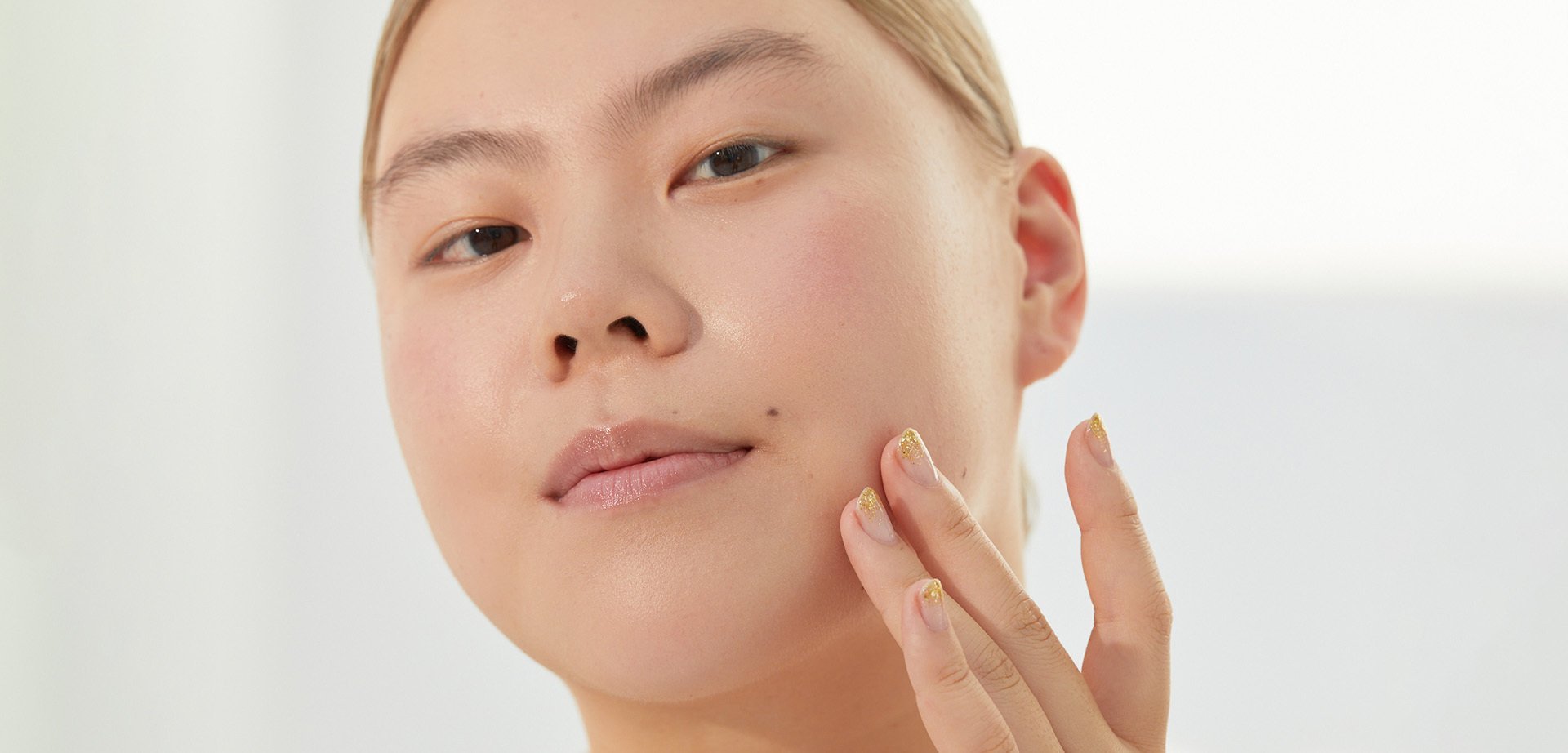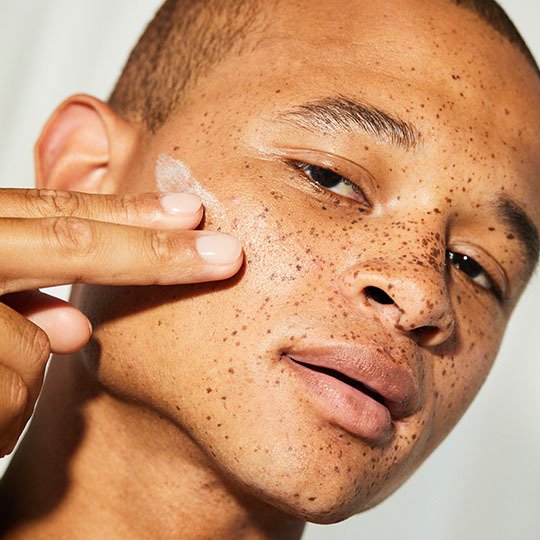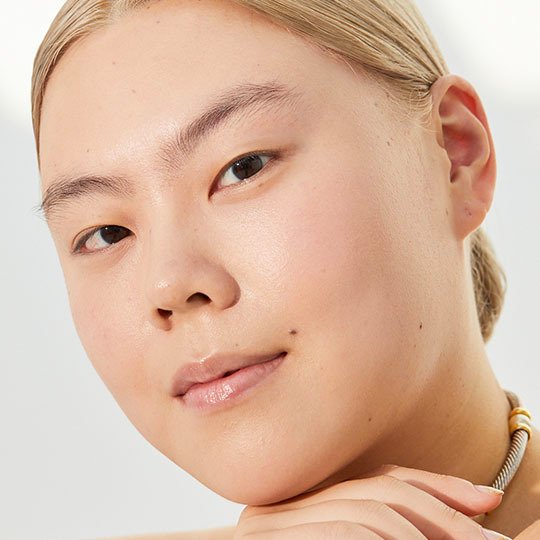5 Skincare Ingredients That Can Make Your Skin More Sensitive to Sunlight
August 29, 2022

Retinol
Retinol is a gold-standard anti-aging ingredient and can be found in a multitude of products formulated to fight wrinkles and other signs of aging. It exfoliates the skin’s surface, ridding it of dead skin cells and creating a younger-looking appearance. That’s why it’s important not to reverse its effects with sun damage. If you’re looking for retinol to incorporate into your anti-aging routine, try the Kiehl’s Fast Release Wrinkle-Reducing .3% Retinol Night Serum. Just make sure to use it at night and apply sunscreen in the morning.

Salicylic Acid
Check the ingredients list on your cleansers, spot treatments and scrubs for salicylic acid, which is a common ingredient found in over-the-counter acne-fighting products. While we love salicylic acid-infused products like the Vichy Normaderm PhytoAction Daily Deep Cleaning Gel for unclogging pores, removing dead skin cells and fighting acne, you’ll want to be sure to apply broad-spectrum sunscreen after any products formulated with this ingredient to avoid irritation or sensitivity. And consider chatting with your dermatologist to determine when (morning or night) you should incorporate it into your routine.

Benzoyl Peroxide
If you have a benzoyl peroxide face wash, like the CeraVe Acne Foaming Cream Cleanser, we suggest using it at night and switching to a gentler cleanser in the morning. “Benzoyl peroxide is an antibacterial made of benzoic acid and oxygen,” says board-certified dermatologist Dr. Peter Schmid. “It penetrates the pores or follicles of the skin and kills the bacteria that live there,” he says, which can help contribute to inflammation.

